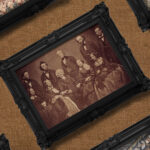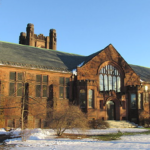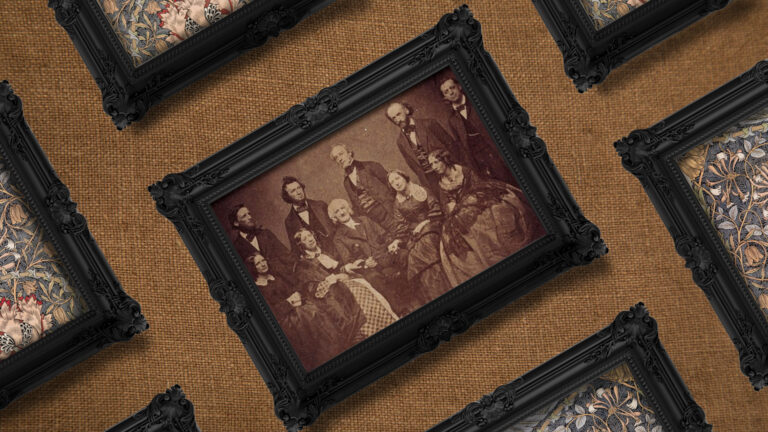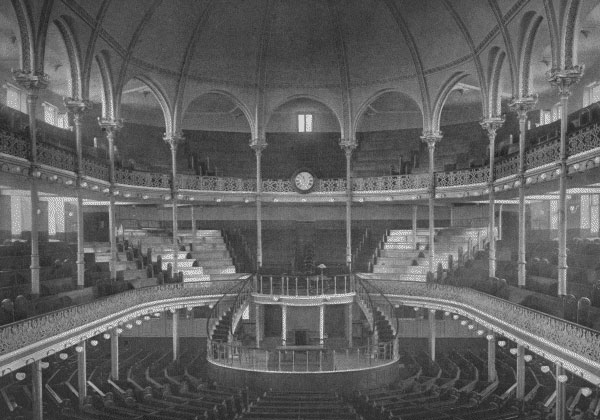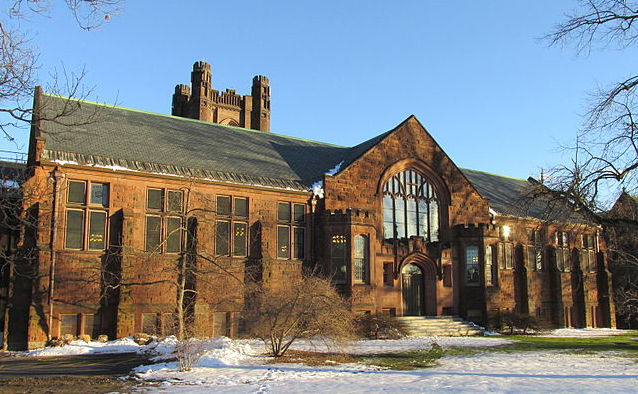One of the most debated questions recently about the history of evangelical Christianity is when evangelicalism began. Some scholars, especially Christian historians, have tended to see continuity between the evangelical Christianity of the Great Awakening and earlier Reformation traditions. Kenneth Stewart and Michael Haykin edited an important volume, The Advent of Evangelicalism, on this theme of continuity. (I have an essay in that volume on the Puritan roots of evangelicalism.)
Other scholars (who probably tend to be more critical of evangelicalism itself) see little continuity between the evangelicalism of the 1740s and that of the 1940s, when the neo-evangelical movement defined itself in opposition to mainline, modernist Christianity.
As valuable as this discussion is, it seems to me that we’re on solid ground by affirming that evangelical leaders of the 1730s and ’40s were drawing on deep biblical and Reformed traditions, and they also represented a substantially new version of Protestantism that adapted to new realities in the early modern period. This idea of traditional Christianity adapting to new realities is one of the concerns of Bruce Hindmarsh’s new book, The Spirit of Early Evangelicalism—see my recent interview with Hindmarsh here.
One of the most concise explanations for the origins of evangelical Christianity in the 1730s and ’40s comes from Catherine Brekus’s Sarah Osborn’s World, which is also one of my favorite books ever on the history of evangelicalism. (See my TGC review of the book here.) Brekus writes:
Although many people associate evangelicalism with modern religious leaders like Billy Graham and Rick Warren, its roots can be traced back to the eighteenth century. In response to social, political, economic, and intellectual transformations that were transatlantic in scope, eighteenth-century Protestants throughout the Atlantic world gradually created a new kind of faith that we now call evangelicalism. The word itself was not new, and its roots stretch back to the Greek evangelion, meaning “gospel.” The sixteenth-century Protestant reformers used evangelical to emphasize their reliance on the gospel message they found in scripture.
Yet during the eighteenth century the word became increasingly identified with revivalists who emphasized a personal relationship with God, the joy of being born again, and the call to spread the gospel around the globe. Although Sarah described herself simply as a Protestant, she seemed to sense that her faith represented something new, and like other converts she settled on the adjective evangelical to describe it. After a night of prayer, for example, she wrote about her experience of “true evangelical repentance.” . . .
Like thousands of other converts, Sarah was drawn to evangelicalism because it helped her make sense of changes in everyday life that did not yet have a name. Words like capitalism, individualism, Enlightenment, and humanitarianism were not coined until the late eighteenth and nineteenth centuries, but language often lags behind reality, and Sarah seems to have recognized that the austere Puritanism of her childhood was under attack by a growing faith in human goodness and individual freedom. She admired evangelical ministers because of her belief that they offered convincing answers to the most pressing questions of her day—questions about the nature of God, the meaning of suffering, and the definition of truth.
Sarah wanted to know what sort of God had created the world, why evil exists, and whether there is any inherent goodness in human nature. She wondered why “the poor are always with us” (in the words of the apostle Matthew) and whether slavery could be just. She wondered whether the pursuit of happiness should be the ultimate goal of human life. And most of all, she wondered what her individual story meant in the larger scheme of the universe.
Brekus’s brilliant book demonstrates how one prolific evangelical grappled with these huge emerging questions, even as she also dealt with personal struggles including illness and poverty. In spite of all our focus on famous public figures such as Jonathan Edwards and George Whitefield, one gets the sense that Osborn’s experience was even more typical of regular evangelicals at the movement’s birth.
Sign up for the Thomas S. Kidd newsletter. It delivers weekly unique content only to subscribers.








